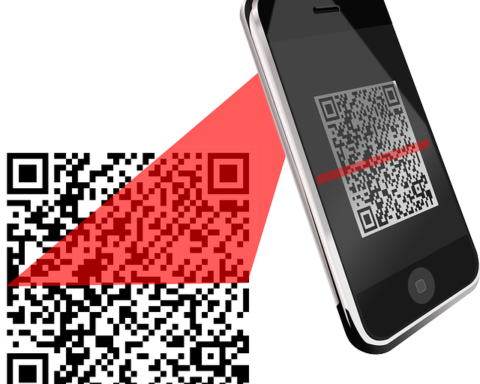Would you be able to tell a real medicine from a fake one? This important question is being posed to the public, health care professionals and policymakers by the World Health Professions Alliance (WHPA) in a video, launched today, that exploits an interactive function of YouTube. Viewers are asked to choose between two products and then shown the consequence of their decision: the person either recovers or ends up in hospital.
The project was led by the International Pharmaceutical Federation (FIP). “We’re seeing an increase in fake medicines around the world and they’re becoming harder to identify due to technological advances. We wanted, through this video, to confront people with a situation to which little thought is often given. We wanted to give viewers the responsibility for what happens and, in doing so, to send home the message that there is a need to think twice about the choices they make. The aim was to enable informed decisions,” said Mr Luc Besançon, Chief Executive Officer of FIP.
“The consequences of counterfeit medicines include no cure, resistance to treatment, spread of disease, permanent injury and even death,” said Dr Frances Hughes, Chief Executive Officer of the International Council of Nurses (ICN). “We need to empower the public through general health literacy and ensure there is more nursing involvement in strategies.”
The video is part of a new WHPA project, “Counter the counterfeits”, which is the latest work in the alliance’s long-running campaign to protect people from substandard or falsified medicines and medical devices. It is accompanied by three sets of animated measures that consumers, health professionals and policymakers around the world can take to get rid of fake medicines and the harm that they do.
[wp_ad_camp_4]Consumers, for instance, are given advice on how to make sure that medicines bought online are real, and health care professionals are reminded which features of medicines to inspect. Through the third set of measures, the WHPA calls on policymakers to strengthen laws against counterfeiting and to involve health care professionals in policy decisions so that these are appropriate to real-life and more likely to be put into practice.
“Patients expect support from health care professionals regarding counterfeit medicines. The project offers six simple measures to health care professionals for reducing the harm these products can cause,” said Mr Jonathon Kruger, Chief Executive Officer of the World Confederation for Physical Therapy (WCPT).
“When counterfeit medicines are found in the legal supply chain, public trust in health systems is damaged. Working together through the WHPA we can give the problem of counterfeits an amplified voice and ensure necessary action is taken at both the policy and population level”, said Mr Enzo Bondioni, Executive Director of FDI World Dental Federation.
“This project sends a clear message that the problem of fake medicines has not gone away and that doctors, nurses, pharmacists, dentists and physical therapists continue to be concerned. We hope that the video and the measures to take are spread far and wide, particularly through social media sharing,” said Professor Sir Michael Marmot, President of the World Medical Association (WMA).











